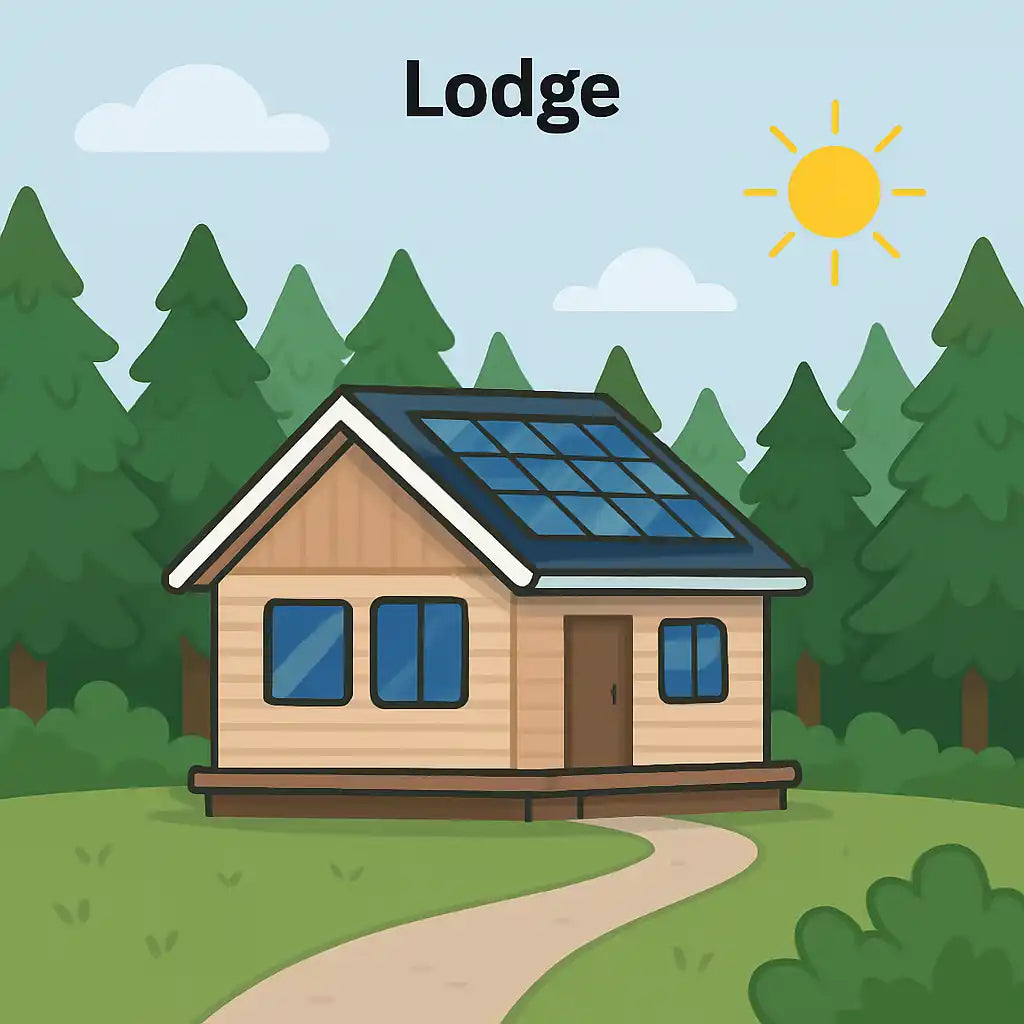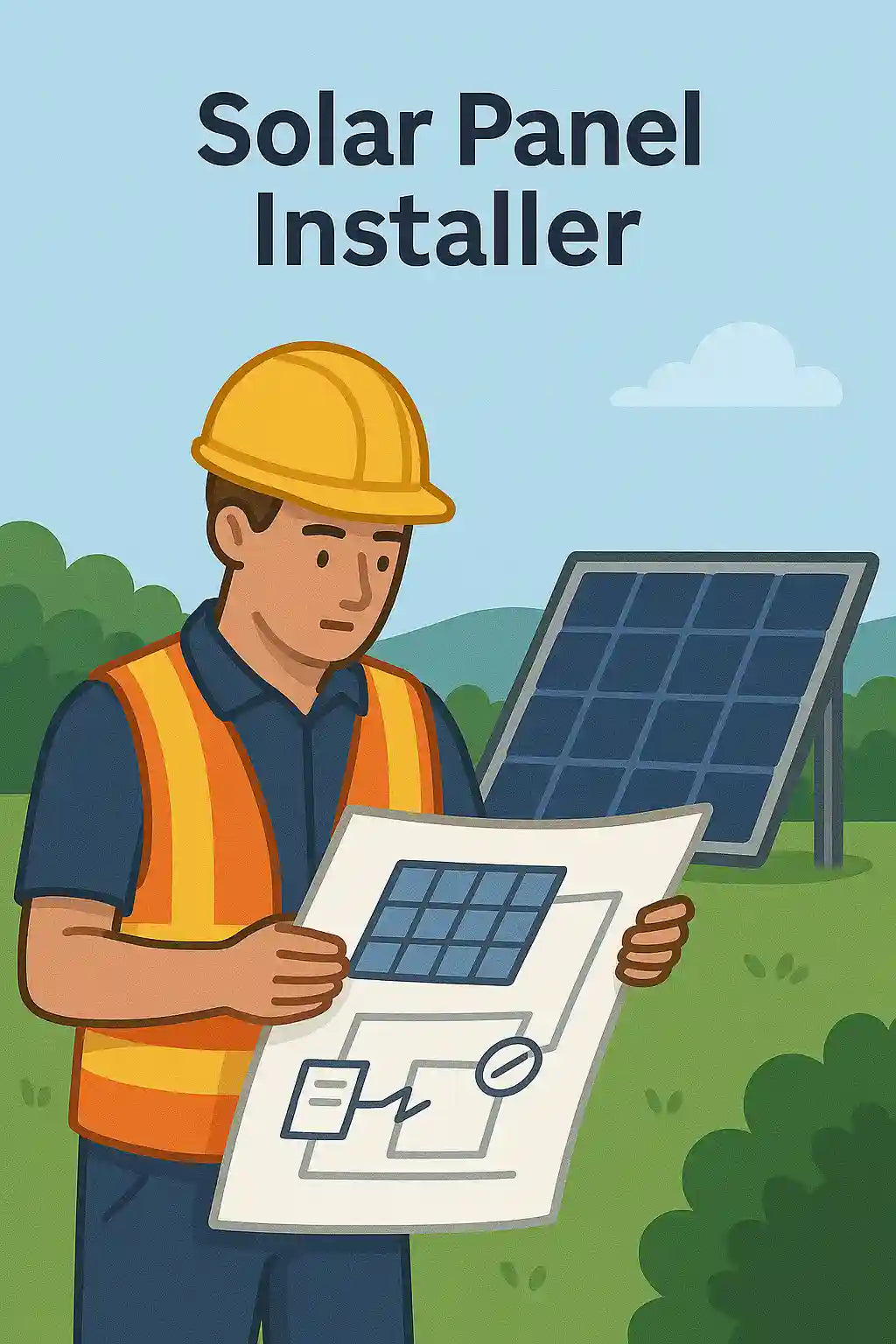
Beginner’s Guide to Off-Grid Living 2025
1. Embrace Freedom, Sustainability, and Self-Sufficiency
For many, the off-grid dream starts with a longing for something simpler and more grounded—a return to nature or a break from the rat race. Off-grid living answers a deep call for control and connection. It’s not just about disconnecting from the grid; it’s about reconnecting with your values. Quiet mornings, harvesting solar power, collecting rainwater, or growing your own food bring purpose to the everyday.
This guide comes from lived experience and stories shared by others who’ve carved their own paths. Whether you’re downsizing to a van or building a remote sanctuary, you’ll find the foundational knowledge to start strong.



').join(""); const modal=document.createElement("div"); modal.classList.add("Avada-Gallery-Modal"); modal.id="dynamicModal"; Object.assign(modal.style,{position:"fixed",top:"0",left:"0",width:"100%",height:"100%",backgroundColor:"#000",zIndex:"9999",display:"flex",justifyContent:"center",alignItems:"center",color:"#fff"}); modal.innerHTML=`
`; document.body.appendChild(modal); const closeModal=document.getElementById("closeModal"),prevBtn=document.getElementById("Avada-GalleryModal__prevBtn"),nextBtn=document.getElementById("Avada-GalleryModal__nextBtn"),currentSlide=document.getElementById("currentSlide"),totalSlides=document.getElementById("totalSlides"); function updateSlideNumber(){currentSlide.textContent=n+1} function nextSlide(){n=(n+1)%r;updateSlide()} function prevSlide(){n=(n-1+r)%r;updateSlide()} function initializeSlideNumbers(){totalSlides.textContent=r;updateSlideNumber()} function updateSlide(){document.querySelectorAll(".Avada-GalleryModal__Slide").forEach(slide=>{slide.style.transform="translateX("+-100*n+"%)"});updateSlideNumber()} closeModal.addEventListener("click",()=>{document.body.removeChild(modal)}); if(nextBtn)nextBtn.addEventListener("click",nextSlide); if(prevBtn)prevBtn.addEventListener("click",prevSlide); initializeSlideNumbers() }) }) })();
').join(""); const modal=document.createElement("div"); modal.classList.add("Avada-Gallery-Modal"); modal.id="dynamicModal"; Object.assign(modal.style,{position:"fixed",top:"0",left:"0",width:"100%",height:"100%",backgroundColor:"#000",zIndex:"9999",display:"flex",justifyContent:"center",alignItems:"center",color:"#fff"}); modal.innerHTML=`
×
Error: [31m The Parser function of type "button" is not defined. Define your custom parser functions as: [34mhttps://github.com/pavittarx/editorjs-html#extend-for-custom-blocks [0m
'+slidesModal+'
Error: [31m The Parser function of type "button" is not defined. Define your custom parser functions as: [34mhttps://github.com/pavittarx/editorjs-html#extend-for-custom-blocks [0m
`+(index+1)+`
3
`; document.body.appendChild(modal); const closeModal=document.getElementById("closeModal"),prevBtn=document.getElementById("Avada-GalleryModal__prevBtn"),nextBtn=document.getElementById("Avada-GalleryModal__nextBtn"),currentSlide=document.getElementById("currentSlide"),totalSlides=document.getElementById("totalSlides"); function updateSlideNumber(){currentSlide.textContent=n+1} function nextSlide(){n=(n+1)%r;updateSlide()} function prevSlide(){n=(n-1+r)%r;updateSlide()} function initializeSlideNumbers(){totalSlides.textContent=r;updateSlideNumber()} function updateSlide(){document.querySelectorAll(".Avada-GalleryModal__Slide").forEach(slide=>{slide.style.transform="translateX("+-100*n+"%)"});updateSlideNumber()} closeModal.addEventListener("click",()=>{document.body.removeChild(modal)}); if(nextBtn)nextBtn.addEventListener("click",nextSlide); if(prevBtn)prevBtn.addEventListener("click",prevSlide); initializeSlideNumbers() }) }) })();
2. Why Choose Off-Grid Living?
One of the first things you’ll notice is the quiet. No more power bills or water charges—just the satisfaction of knowing your system will pay for itself over time. Living off-grid teaches you the value of every watt and every drop. You begin living in rhythm with the land, adapting to what nature offers.
When the city grid goes down, your lights stay on. That independence brings peace of mind that’s hard to match. Over time, you’ll notice how light filters through trees, how rain becomes a gift, and how your surroundings shape your choices. Life simplifies, focusing on food, warmth, water, and connection. Doing more with less offers quiet clarity and deep purpose.
3. Voices from the Off-Grid Community:
"Transitioning to off-grid living was the best decision we ever made. The peace of mind knowing we're self-reliant is invaluable. Our solar system has been incredibly reliable, and we love the freedom it gives us." – Sarah & Tom, Off-Grid Homesteaders
"I started with a simple van life setup, and it quickly grew into a passion for sustainable living. Independence is empowering, and I've learned so much about energy systems and resource management."
– Jake, Van Life Enthusiast
4. Core Components of Off-Grid Living
Off-grid living depends on a few critical systems working together: power, water, waste management, heating, and cooling. These don’t have to be complicated or expensive, but they must be well-designed and harmonious.
Your solar panels generate electricity, batteries store it for night use, and your water system delivers clean, filtered water. Waste systems like composting toilets and greywater recycling reduce your footprint. When these systems function well together, you gain complete self-reliance. The result is freedom, resilience, and a deeper connection to the natural systems that sustain you.
5. Essential Energy Systems for Off-Grid Life
Solar panels are the backbone of most off-grid energy systems, though wind turbines or micro-hydro setups can complement solar in less sunny areas. Your battery bank stores energy for cloudy days and nighttime use, while inverters convert DC power into the AC electricity your appliances use.
Managing water and waste is just as important. Rainwater harvesting, well systems, and filtration make natural sources reliable and safe. Composting toilets and greywater recycling keep your setup sustainable. Heating and cooling can be achieved without grid power using passive solar design, insulation, and wood stoves. When designed thoughtfully, these systems make off-grid living comfortable and resilient.
6. Powering Van Life: Freedom on the Road
Van life isn’t just about the views—it’s about freedom without sacrificing comfort. Whether parked beside a mountain lake or in a desert under the stars, the right power setup turns your van into a home.
Building your van’s electrical system requires planning and precision. A well-designed setup lets you charge devices, cook meals, keep a fridge cold, and light your space without plugging in. Solar panels, batteries, and inverters create a quiet, reliable heartbeat for your adventure.
7. Key Power Components for Van Life
Solar panels mounted on your van’s roof are your main energy source. A charge controller manages electricity flow from panels to batteries, ensuring safe and efficient charging. Lithium-ion batteries are popular for their long life and light weight, while lead-acid batteries offer a budget-friendly alternative.
An inverter converts stored DC power to AC electricity for household devices. Proper wiring and fuse boxes maintain safety and efficiency. Many van dwellers add backup systems like shore power or alternator charging to supplement solar during cloudy days or winter months.
8. Designing Off-Grid Lodges and Homestays
Running a remote retreat—whether it's a cozy cabin, a backcountry homestay, or a rustic eco-lodge—means blending natural beauty with comfort. Off-grid living accommodation attract guests who value sustainability and peace.
Solar power, filtered rainwater, efficient heating, and responsible waste management reduce your footprint while providing comfort. Small details, like solar-heated showers, LED lighting, and odorless composting toilets, make off-grid stays luxurious.
Educate your guests with a welcome guide or walkthrough so they appreciate the balance between comfort and conservation. This not only fosters respect but inspires visitors to rethink their own habits.
9. Building a Fully Independent Off-Grid Home
Designing an off-grid home is about balancing energy use and generation with resilience and comfort. Every system—from solar power to water collection and waste management—is intentionally integrated for autonomy and sustainability.
Your home depends on reliable solar panels, battery banks, deep wells with solar pumps, and multi-stage filtration systems. Passive solar design, wood stoves, and high-efficiency insulation reduce heating and cooling needs. Waste is managed through composting toilets and greywater systems, with some homes adding blackwater treatment.
In colder climates, backup generators or grid-tie hybrids provide peace of mind. Every detail, from home orientation to insulation materials, contributes to durability and sustainability.
Thoughtfully designed, your off-grid home becomes a lasting foundation for a self-reliant life.
10. Choosing the Right Equipment for Off-Grid Living
When I first started planning my off-grid setup, I was overwhelmed by the number of products out there. I reached out to the team at Akiva Tech, and they helped simplify everything. They took the time to understand how I wanted to live—whether I was planning to stay completely off-grid, have a backup connection to the grid, or even build a mobile setup. For my off-grid power needs, they recommended Victron Energy, and I’ve been incredibly impressed with how reliable and intelligent their systems are—especially the inverters and battery monitors. If I had gone with a grid-tied system, they would’ve pointed me toward Fronius, which is known for its efficient solar inverters in on-grid applications. And for friends of mine converting vans or boats, Akiva Tech recommended Blue Sea Systems, which makes super durable switches, fuse blocks, and components for compact and mobile energy setups. Having this level of personalised advice made a huge difference. It’s not just about buying equipment—it’s about building a system that actually works for your lifestyle. I wouldn’t have known where to start without them.
11. Sizing and Installing Your Off-Grid System
Turning your vision into a working system requires careful sizing and installation. Begin by calculating your daily energy use—list every appliance, note wattage and daily hours, then multiply to find total watt-hours.

“Living off-grid is a journey of discovery, challenge, and deep reward. Whether starting small or going all-in, every step is toward freedom.”
Want expert help building your off-grid life? Visit www.akivatech.co.uk for resources and guidance designed to help you thrive.
